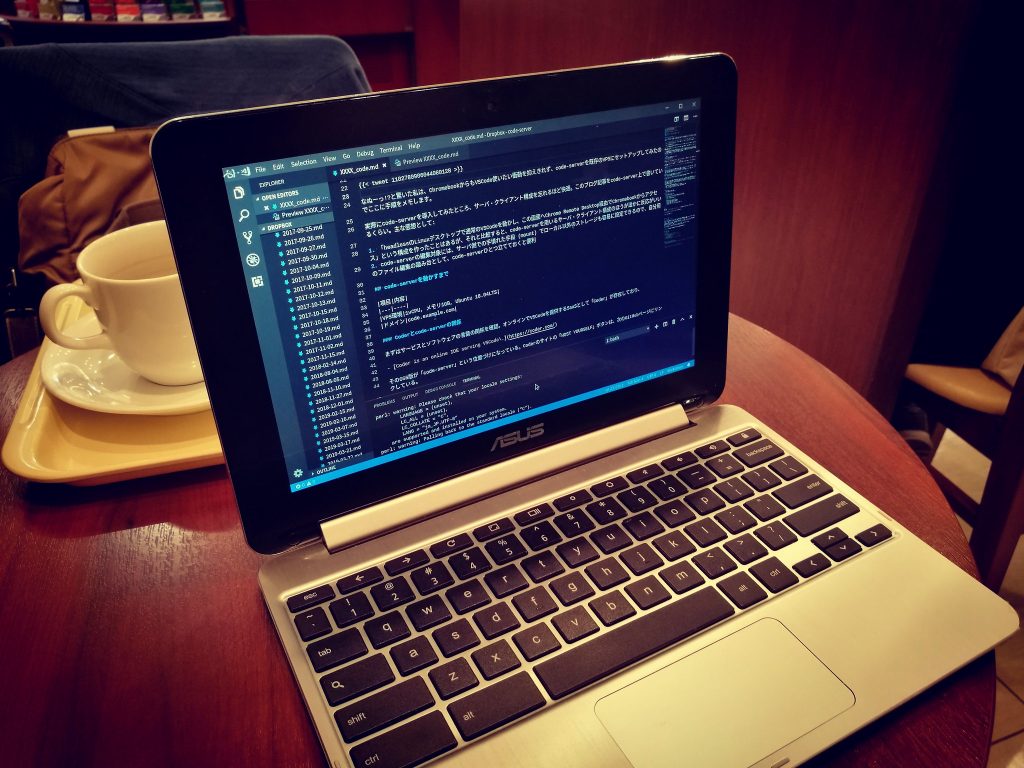Phoenix UEFI Vulnerability: A Critical Threat to Intel PCs. Here is what we know, a quick look.
A recently discovered high-severity vulnerability in Phoenix Technologies’ SecureCore UEFI firmware has raised concerns across the cybersecurity landscape. The vulnerability, tracked as CVE-2024-0762 and dubbed “UEFIcanhazbufferoverflow,” potentially affects hundreds of PC and server models that use Intel processors. In this article, we delve into the details of this critical security flaw, its impact, and the necessary steps to mitigate the risk.

The Vulnerability
The vulnerability resides in the Trusted Platform Module (TPM) configuration within the Phoenix SecureCore UEFI firmware. Specifically, it centers around an unsafe variable called TCG2_CONFIGURATION. Exploiting this flaw could lead to a buffer overflow, privilege escalation, and even arbitrary code execution. Unlike some vulnerabilities that can be mitigated by simply having a TPM in a device, this one is more insidious. Even devices with TPMs, designed to enhance security and prevent untrustworthy boot processes, remain vulnerable.
Affected Chip Families
The impact of CVE-2024-0762 extends across a wide range of Intel chip families, including:
- Alder Lake
- Coffee Lake
- Comet Lake
- Ice Lake
- Jasper Lake
- Kaby Lake
- Meteor Lake
- Raptor Lake
- Rocket Lake
- Tiger Lake
Given that these Intel Core processors are used by various original equipment manufacturers (OEMs) and original design manufacturers (ODMs), the vulnerability could potentially affect hundreds of PC products that rely on the Phoenix SecureCore UEFI firmware.
Mitigations and Patches
Lenovo, one of the affected vendors, has already released firmware updates to address the vulnerability. However, other manufacturers should also take immediate action. Phoenix Technologies strongly recommends customers update their firmware to the latest version and contact their hardware vendors promptly to prevent any potential exploitation of this flaw.
Industry Implications
UEFI vulnerabilities always raise industry eyebrows because they provide silent backdoors into the lowest, most privileged levels of a system. Detecting such exploits remains notoriously difficult. As the cybersecurity community grapples with this new threat, vigilance and swift action are essential to safeguarding Intel-based PCs and servers.
In conclusion, the Phoenix UEFI vulnerability demands urgent attention from both manufacturers and end-users. By staying informed and applying necessary patches, we can collectively mitigate the risk and protect our systems from potential exploits.
Remember: Security is a shared responsibility, and addressing vulnerabilities promptly ensures a safer digital landscape for all.
You think you have a story worth everyone’s time? SUBMIT A STORY and we will publish it.
Share this content:




Post Comment